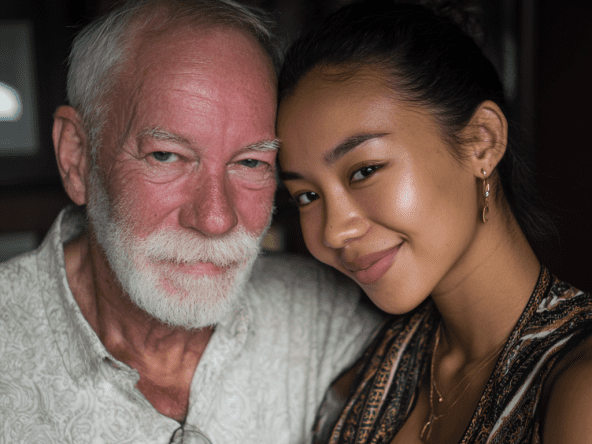Thailand Property Law Overview for Foreigners
If you’re a foreigner interested in property in Thailand, it’s important to understand the basic rules about buying, owning, and leasing real estate here. Thailand has strict laws about land ownership and property rights, especially for foreigners.
Main Laws for Property in Thailand
| Law / Act | What it Covers |
| Civil Code Book III | Leases, mortgages, contracts |
| Civil Code Book IV | Ownership, possession, usufruct, superficies |
| Thailand Land Code Act | Land ownership rules |
| Thailand Condominium Act | Condo ownership rules |
Can Foreigners Own Property in Thailand?
| Property Type | Can Foreigners Own? | Notes |
| Land | No | Foreigners cannot own land outright. Some rare exceptions with government approval. |
| House + Land | No | Land cannot be owned, house can be owned separately but land remains Thai-owned. |
| Condominium Units | Yes | Foreigners can own condo units under certain conditions (max 49% foreign ownership). |
| Leasehold | Yes | Foreigners can lease land or buildings up to 30 years. |
Important Property Ownership Concepts for Foreigners
Land Ownership
Only Thai citizens can own land. Foreigners who own land illegally can face fines or jail. Rare exception: foreign investors with special approval can own up to 1 rai (1,600 m²).
Condominium Ownership
Foreigners can own units in condominiums registered under the Condominium Act. Foreign ownership is limited to 49% of the total condo area. Must bring money into Thailand in foreign currency and exchange to Thai baht (proof needed).
Leasing Property
Foreigners can lease land, houses, or condos for up to 30 years. Lease is a contract, not ownership. Lease agreements must be registered for legal protection.
House Ownership Separate from Land
Foreigners can own a house built on leased land. Ownership of the house and the land it stands on can be separate. Requires legal registration.
Inheritance
Foreigners can inherit land only with government approval. Foreign spouses can inherit land but must sell it within one year.
Usufruct Right (Right to use property)
Allows use of property for life or up to 30 years. Commonly used to protect foreign spouses. Registered with the Land Department.
Superficies Right (Right to own buildings on another’s land)
Allows owning buildings or structures on land owned by someone else. Lasts up to 30 years or lifetime. Requires registration.
Right of Habitation
Right to live in someone else’s house for free. Only for personal use, cannot transfer to others.
Servitude Right
Right to use part of neighboring land (e.g., for access roads or utilities). Important if land is landlocked without public road access.
Sap-Ing-Sith Right
New right (introduced in 2019) to use property for up to 30 years. Not automatically renewable; landowner owns any improvements after term ends unless agreed otherwise.
Summary Table: Foreign Ownership and Rights in Thailand
| Right / Ownership Type | Foreigners Allowed? | Key Details |
| Land Ownership | No | Only with rare special government approval |
| Condominium Ownership | Yes | Max 49% foreign ownership per project |
| Lease (up to 30 years) | Yes | Contract rights, not ownership |
| Usufruct | Yes | Right to use property for life or term |
| Superficies | Yes | Own buildings on someone else’s land |
| House Ownership | Yes (only house, no land) | Must be registered separately |
| Inheritance | Limited | Permission required, must sell within 1 year |
| Sap-Ing-Sith | Yes | 30-year use right, no automatic renewal |
Transfer Fees & Taxes When Buying Property
| Fee / Tax | Who Pays | Rate | Notes |
| Transfer Fee | Buyer | 2% of property value | Paid when ownership transfers |
| Specific Business Tax | Seller (if applicable) | 3.3% | If sold within 5 years or by company seller |
| Stamp Duty | Seller | 0.5% | If SBT does not apply |
| Withholding Tax | Seller | Progressive (individual) / 1% (company) | Deducted at Land Office |
| Leasehold Registration | Lessee | 1% + 0.1% stamp duty | Based on total lease value |
Tips for Foreign Buyers
– Always check the land title deed (Chanote is the highest and safest).
– Foreigners should focus on buying condominiums or leasing land/houses legally.
– Be cautious with companies claiming to help foreigners buy land — this is often illegal.
– Get professional legal advice to avoid scams and protect your investment.
Looking to buy in Thailand?
Contact me anytime for help, tips, or to see available properties. WhatsApp: +66959920345 / Email: Contact@centralcityproperty.com




